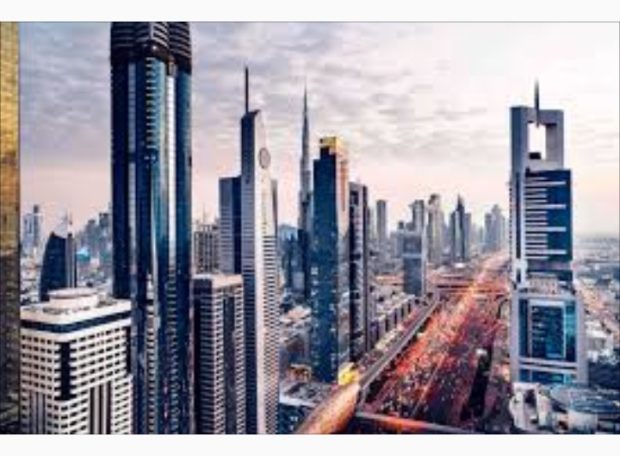Since October, a wave of anti-government protests has swept across Iraq. The protesters represent a cross-section of society and, unusually for a traditionally patriarchal country, women have taken a leading role.
Their prominence is celebrated in murals which have sprung up across the capital, Baghdad.
Baghdad’s Tahrir Square, epicentre of the protests, has been transformed into a hub of creative defiance.
Murals paying tribute to the spirit and strength of Iraqi women have become an iconic visual representation of the protests.
Often produced by women, the artwork highlights their increasingly active role in seeking to shape their future.
The demonstrations and the murals have enabled women to create a collective community, reclaim their national identity and re-write their history.
Despite facing disapproval from parents and husbands over fears for their safety – more than 400 people have been killed by security forces – women continue to join the demonstrations, sometimes secretly.
For women, who have in the past been neglected by political movements, the absence of any political agenda behind the protests has spurred them to take part.
And in a society where men and women have seldom protested side by side, the fact that they are working together in the interest of reaching a shared goal is a significant social achievement.
Source: bbc.com
 Home Of Ghana News Ghana News, Entertainment And More
Home Of Ghana News Ghana News, Entertainment And More






